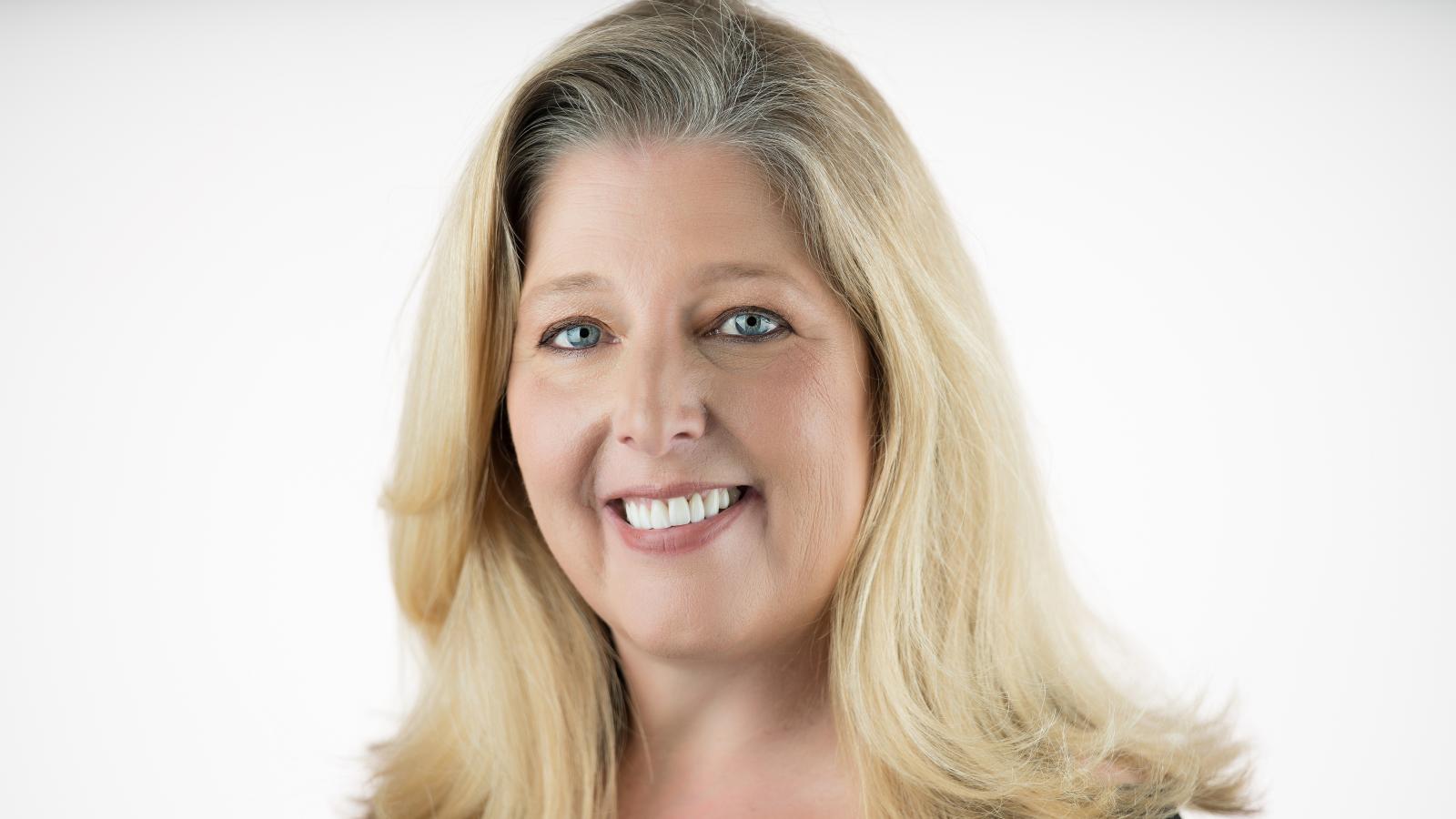From the National Endowment for the Arts Chairman: Celebrating Black History Month

Here at the National Endowment for the Arts, we celebrate Black History Month because we know that you cannot tell the history of the arts in the United States of America without including the many long-lasting contributions of African Americans to the country’s cultural landscape. For example, even as 13 overseas British colonies were working to become an independent nation, an enslaved young woman in Boston, Phillis Wheatley, was creating work that ranked her among the best-known poets of the time. In the lead-up to the second world war, the African-American singer Marian Anderson, whose voice one critic called a “rich, vibrant contralto of intrinsic beauty,” held international audiences spellbound even as she was barred from performing in many venues at home, including, notably, the Daughters of the American Revolution concert hall. In his historic cycle of plays, Pittsburgh-born, Pulitzer Prize-winning playwright August Wilson spotlighted the changing circumstances of African Americans throughout the 20th century, while in a deceptively simple cycle of colorful paintings, Jacob Lawrence documented the migration from the American South to the country’s North and Midwest that was the engine of transformation for many of the families whose lives were represented in Wilson’s works.
Thanks to African-American artists like Big Mama Thornton, Mahalia Jackson, Louis Jordan, and later Chuck Berry, Aretha Franklin, National Heritage Fellow B. B. King, and NEA Jazz Master Quincy Jones, the blues, jazz, gospel, and rock and roll all became the sound of America as these pioneering artists taught us the power of music to celebrate, to mourn, to encourage, to inspire.
Here at the Arts Endowment, we strive to acknowledge—and honor—the ongoing contributions of African-American artists, whether it's celebrating the lasting legacy of National Endowment for the Arts National Heritage Fellow Phillip Simmons without whom the city of Charleston would have long ago lost its distinctive look, or supporting the work of regular Arts Endowment grantee Cave Canem, which since 1996 has provided a place for African-American poets to meet and learn from each other. By the way, it should be noted that the co-founders of Cave Canem—poets Toi Derricotte and Cornelius Eady—both received National Endowment for the Arts Creative Writing Fellowships early in their careers. With Arts Endowment support, Florida’s African Caribbean Dance Theatre annually presents the Florida African Dance Festival to celebrate the music and dance traditions of the African diaspora, while Houston, Texas’s Ensemble Theatre fosters the development and production of work by African-American playwrights.
The agency also knows it’s critical to support the creativity of new generations of African-American artists and creative workers. One of the ways we are pursuing this goal is by strengthening our relationship with the network of historically black colleges and universities (HBCUs) across the U.S. During the most recent White House-sponsored HBCU week in Washington, DC, the Arts Endowment participated in a two-day workshop to introduce participants to opportunities available to them via each of the federal cultural grantmakers. We have also presented workshops at HBCU campuses around the country to familiarize those academic communities with the types of grant support offered by the Arts Endowment. Our grant guidelines also include an explicit call for applications for projects that involve activities at HBCUs. In the most recent round of Arts Endowment grants, we supported a project by the Shreveport Regional Arts Commission (SRAC) to work with two local HBCUs. That funding will support a project highlighting the role of Grambling State University and Southern University Shreveport Louisiana as incubators for emerging artists.
As the great American artist Maya Angelou once said, “There is no greater agony than bearing an untold story inside you.” At the National Endowment for the Arts, we remain steadfastly committed to supporting creative opportunities for African Americans across the nation, whether in urban or rural areas, whether in New England or in the Pacific Northwest, whether they are school-aged or retirement age, to tell their stories. After all, their stories are not just African-American stories, they are American stories, and we as a country not only benefit but prosper from bearing witness to them.




